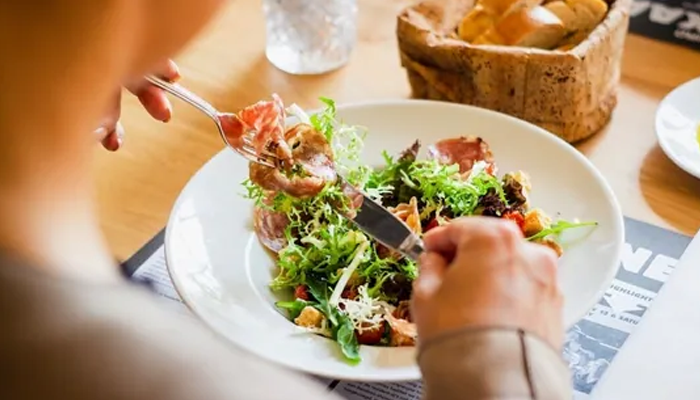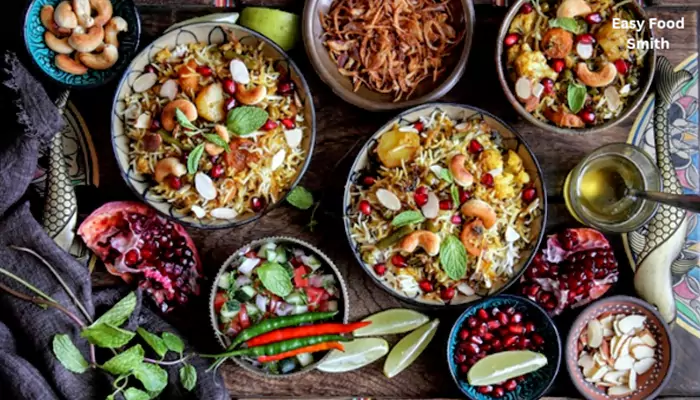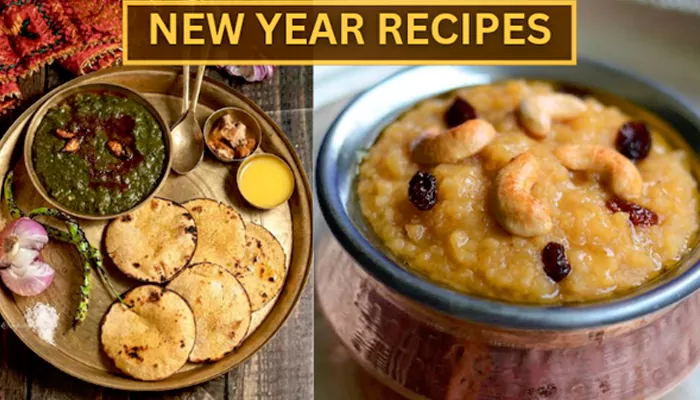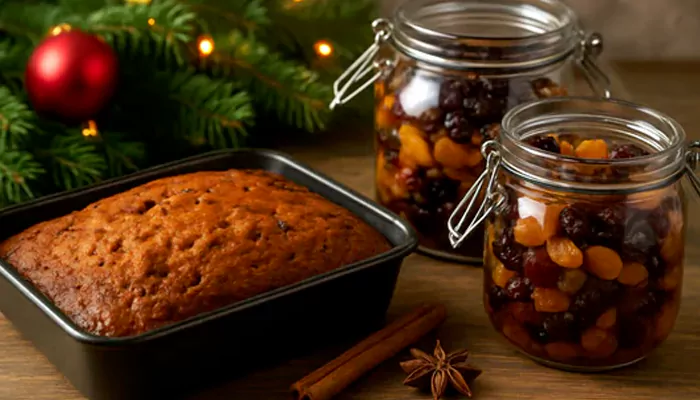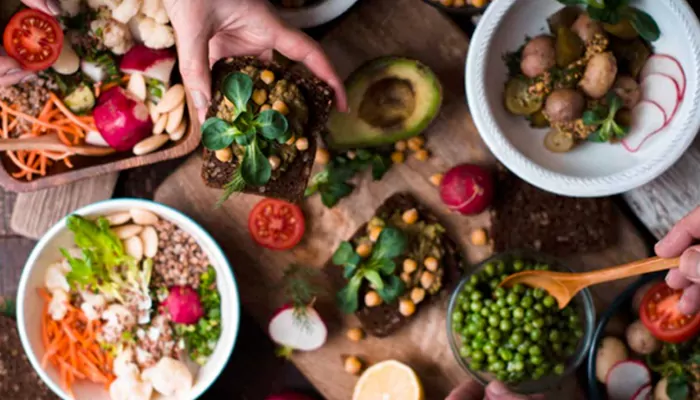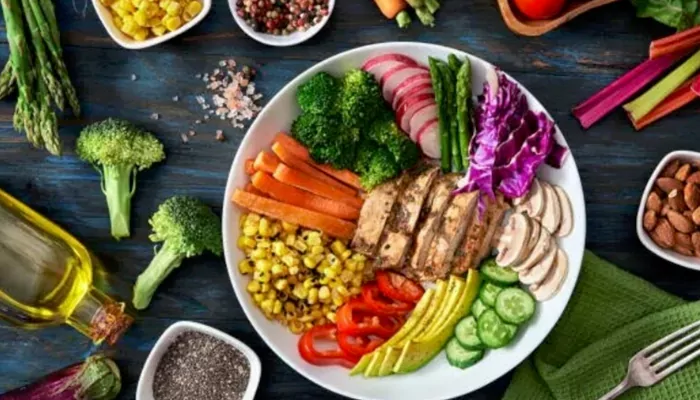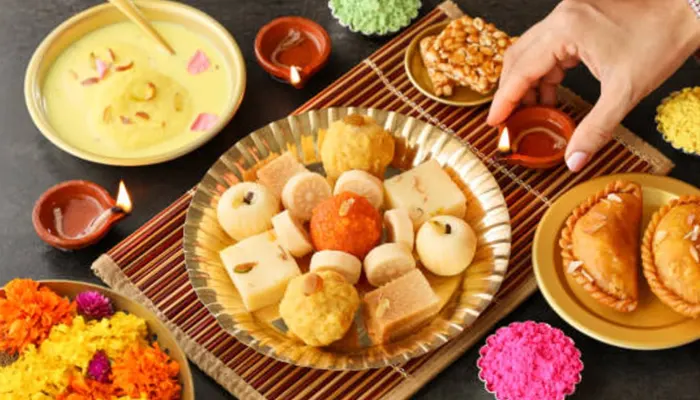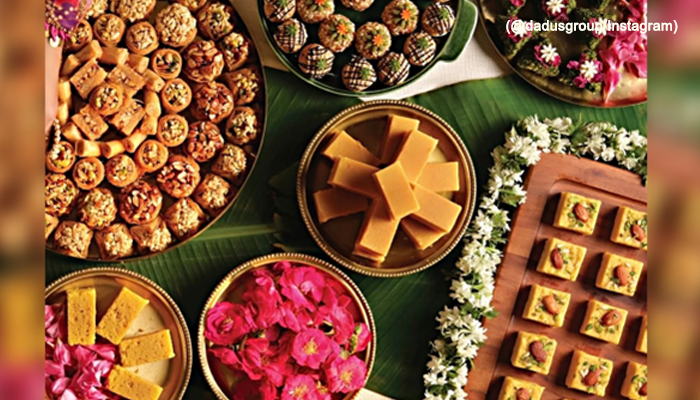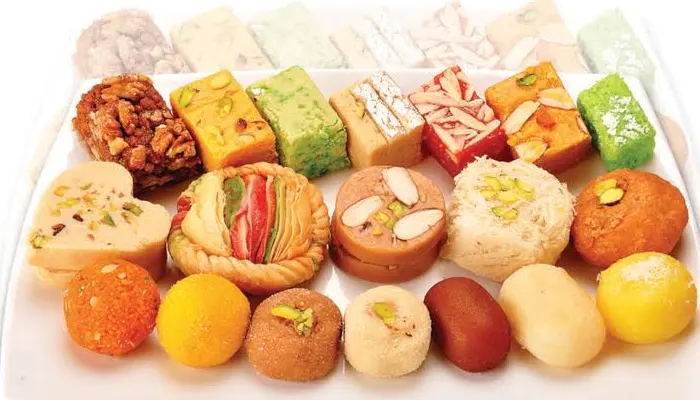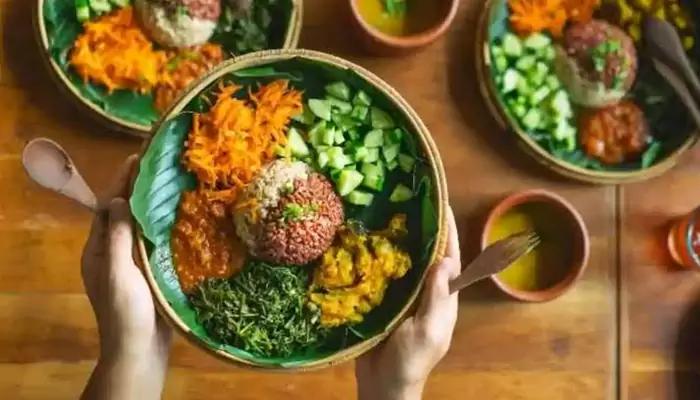Parsi New Year: Five Vegetarian Delicacies One Must Try During Nowruz
- Sanchari Das
- 5 months ago
- 3 minutes read
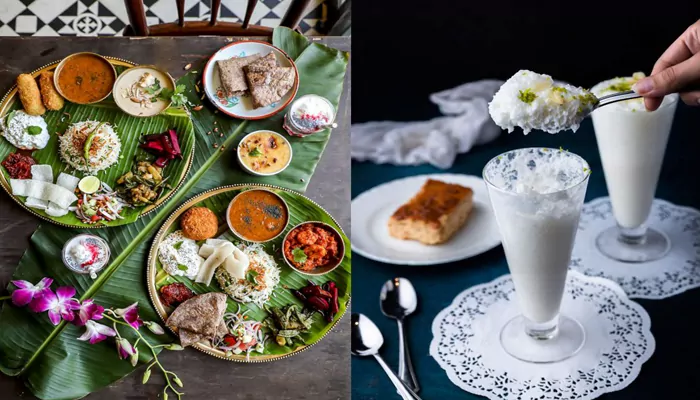
Explore the essence of Nowruz with five vegetarian dishes that embody its core message: celebrating renewal, heritage, and the joys of fresh beginnings
Nowruz—the Persian New Year—arrives at the spring equinox and celebrates renewal, family, and fresh starts. Its roots trace to Zoroastrian practice and ancient Persian calendars; Parsis in India observe rituals and feasts linked to these seasonal themes. Herbs, sprouts, and green foods on the Nowruz table symbolize life’s return after winter.
Sabzi Polo — the green rice of renewal
Sabzi Polo is a fragrant basmati pilaf featuring chopped herbs, including dill, parsley, cilantro, and scallions. For Nowruz, it embodies spring; "sabz" means green, and the herbs evoke growth. Although often paired with fish, sabzi polo stands as a vegetarian main course featuring roasted vegetables, spiced legumes, or plant-based options.
Kuku Sabzi — concentrated spring in a pan
Kuku Sabzi is a dense, herb-filled frittata—parsley, cilantro, dill, and chives add vibrancy and texture, sometimes accompanied by walnuts and barberries. Its color and ingredients reflect fertility, hope, and a sense of homecoming. Vegetarian or vegan versions use chickpea flour or silken tofu as an egg alternative while keeping the dish herb-forward.
Ash-e Reshteh — the communal soup with symbolic noodles
Ash-e Reshteh is a hearty stew of herbs, beans, and noodles, popular across Persianate communities during the New Year and other seasons. The reshteh (noodles) symbolize life’s paths; beans and greens suggest abundance and health. Made for sharing, it’s thick and comforting—easily vegetarian by skipping dairy or using plant-based finishes.
Tahdig with sabzi — golden, crunchy bliss
Tahdig is the crisp crust at the bottom of a Persian rice pot. Saffron rice or lavash forms a golden crunch prized at the table. Paired with herbed rice or a herb-lined tahdig, the mix of fluffy grain and crackling crust makes Nowruz a celebratory and tactile experience.
Zeytoon Parvardeh — pomegranate-kissed marinated olives
Zeytoon Parvardeh is a bold plate of green olives marinated in a blend of walnuts, pomegranate molasses, garlic, and herbs. It adds acidity, sweetness, and crunch, brightening the meal. Its tart pomegranate and nutty walnut make it a standout vegetarian condiment for rice, breads, and Nowruz dishes.
A Festive Plate for a New Beginning
Nowruz is a sensory celebration of renewal. These five vegetarian classics do more than nourish—they express the spirit of hope and abundance at the festival's heart. Each bite deepens connection to both tradition and the promise of new beginnings, making the holiday table a true symbol of welcome and joy.

